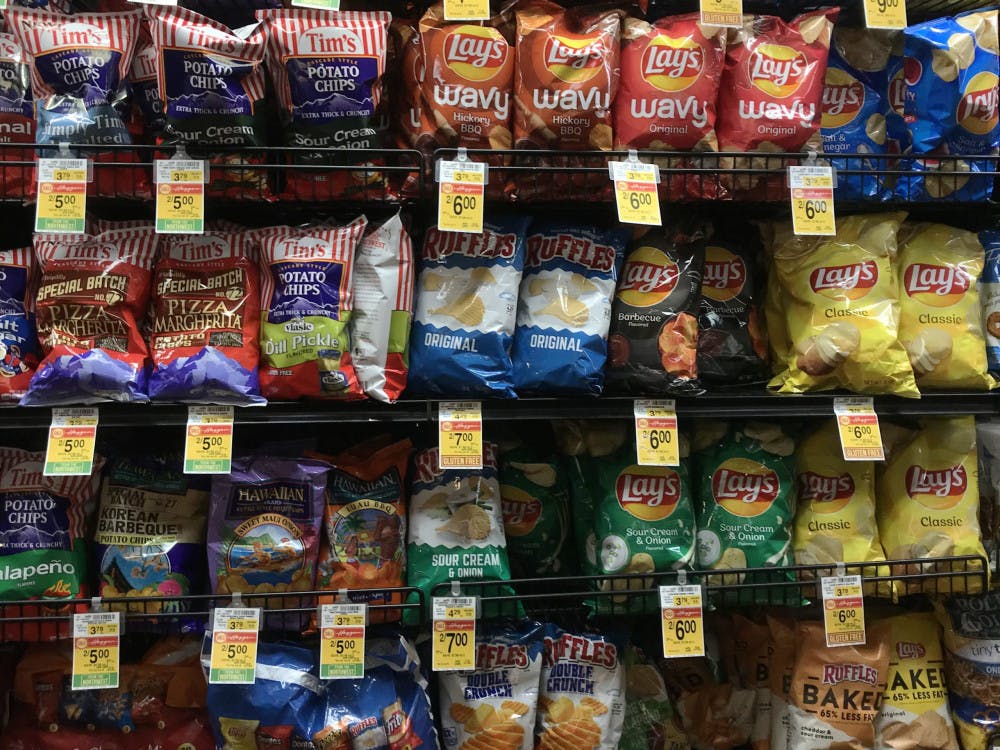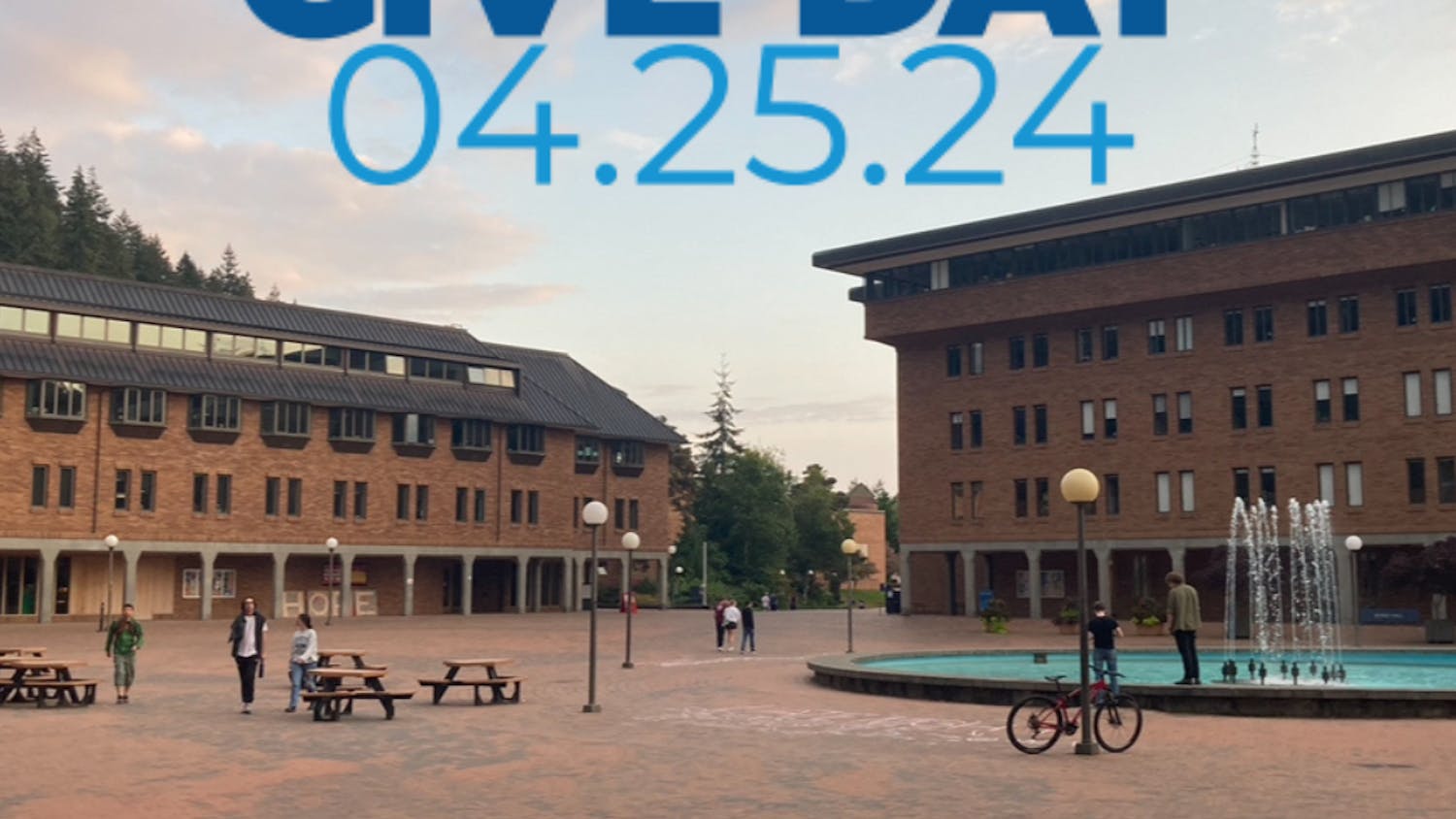
Many of us are all too familiar with mistaking hunger for boredom. Run out of things to watch on Netflix? Already tried picking up a hobby like gardening or painting? What else is there to do but lay in bed with a bag of salt and vinegar chips and eat them until the roof of your mouth starts to burn?
Registered dietician and nutritionist, Maria Dalzot said eating a little extra during these times is perfectly normal.
“We're grieving social interactions, the normalcy of shopping, going to work and our normal routines,” Dalzot said. “This grieving is a new reality, and it’s very, very normal to turn to food in times like this.”
Dalzot said that it’s important to be weary of the harmful messages that accompany diet culture. Similar to the well-known term, “Freshman-15,” the new phrase, “Quarantine-15,” infers that many of us have gained a few extra pounds while sheltering in place.
“Messages like that can be really harmful and can propagate negative behaviors towards food,” Dalzot said.
Home workout videos and diet fads are all over social media, making some of us question how we’re spending our time at home.
Alyssa Hagen, an English major at Western graduating this spring said she has noticed these trends.
“People are talking left and right about the #Quarantine15 and posting so many at-home workouts and new diets, pressuring people to come out of the pandemic a new and improved person,” Hagen said over Facebook message.
Hagen, who has been recovering from an eating disorder over the last five years, also pointed out how diet culture is still prominent during these times.
“I think it’s very telling that even when we are going through a global crisis, resulting in mass collective trauma, one of the main talking points is still weight,” Hagen said. “If that’s not a prime example of the toxicity of diet culture, then I don’t know what is.”
The National Eating Disorders Association has found that COVID-19’s societal impacts could increase the rate of children developing eating disorders.
“Whether it be falling back into old patterns of restricting food, excessively exercising to feel a sense of control or feeling increased anxiety over larger quantities of food on hand, it makes sense that those struggling with or in recovery from disordered eating or eating disorders may be using disordered behaviors to help them feel better,” Joslyn Smith, policy director at NEDA, said in an article.
Alcohol sales throughout the United States have also seen a dramatic increase over the last few months, according to data research from market firm Nielsen.
Tyler Williams, a second-year geography student at Western, said that toward the beginning of the COVID-19 outbreak, he found himself eating more pizza and drinking more alcohol.
“It just felt like there was nothing else to do,” Williams said in a Facebook message. “This was causing weight gain and general laziness for me.”
Now, Williams has started eating more plant-based foods and drinking less alcohol, and said he is feeling healthier, both physically and mentally.
As a dietitian, Dalzot takes an anti-diet approach with her clients and focuses on the importance of intuitive eating.
“[Intuitive eating] is a way of relying on our internal cues to decide what's best for us, rather than relying on external factors like diet culture telling us who, what, when, where and how we should eat,” Dalzot said.
She said she wants to encourage others to have compassion for themselves and acknowledge that this is a difficult time.
“I want to encourage people to have some compassion with the situation and not feel any shame or guilt towards maybe snacking a little bit more, or moving a bit less than they typically are because this is an abnormal situation that none of us were prepared for,” Dalzot said.





